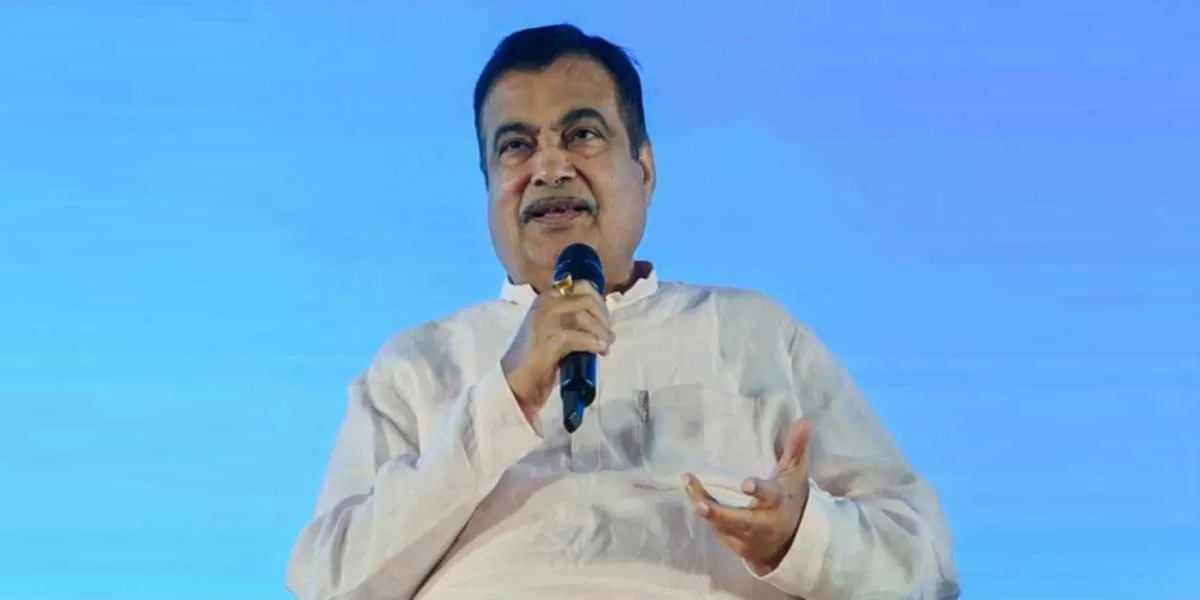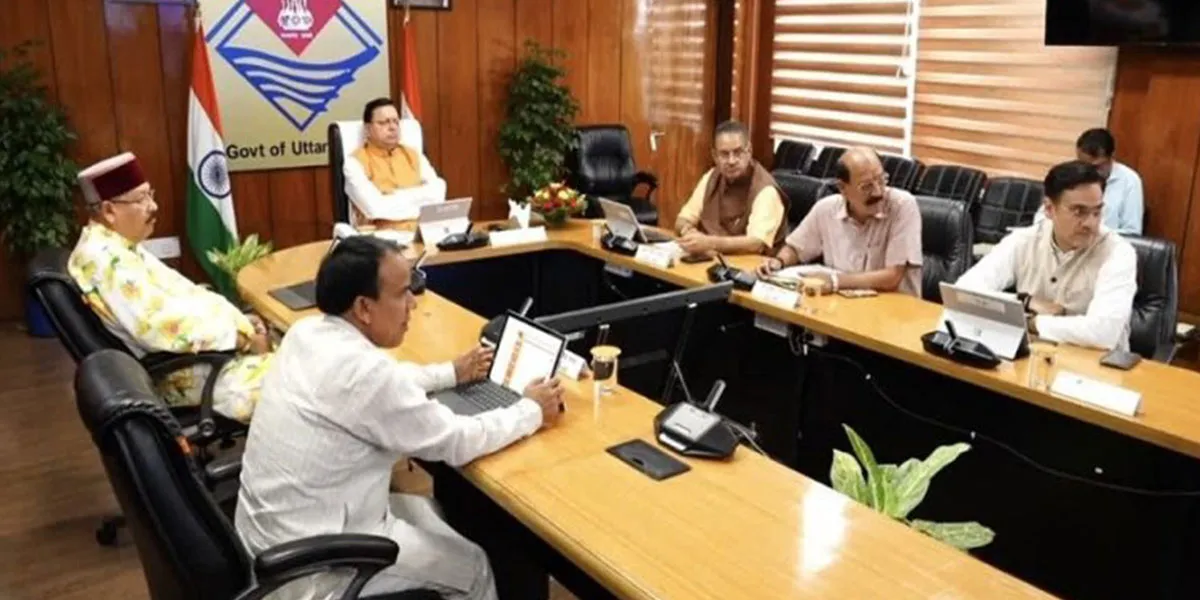

Railways Boosts Cyber Security And Fairness In Ticket Bookings
Indian Railways has said its reservation ticketing system is a robust and highly secure IT platform equipped with state-of-the-art cyber security measures. The national transporter has introduced several initiatives to enhance system performance and improve access to regular and tatkal tickets. A key step has been the large-scale revalidation and verification of user accounts. Since January 2025, around 30.2 million suspicious user IDs have been deactivated. Anti-bot tools such as Akamai have been deployed to filter non-genuine users, ensuring smoother booking for legitimate passengers. To c..

Indian Railways Speeds Up Green Transition With Wider Electrification
Indian Railways is accelerating its modernisation drive by upgrading infrastructure and rolling stock with advanced technologies aimed at enhancing safety, punctuality, reliability and passenger comfort. A major focus of this effort is the transition to cleaner traction systems, with a significant reduction in the use of coal-based and diesel engines. Electrification has been taken up in mission mode. As of now, 99.2 per cent of the Broad Gauge (BG) network has been electrified, with the remaining routes under execution. During 2014–25, Railways electrified 46,900 route kilometres, compared..

India Expands Power Capacity To Meet Rising Peak Demand
India has recorded steady growth in peak electricity demand over the past five years, supported by a consistent narrowing of the gap between demand and supply due to substantial additions to national generation capacity. Data show peak demand rising from 190,198 MW in 2020–21 to 249,856 MW in 2024–25, while unmet demand has fallen sharply to almost zero. To meet future requirements, the Government of India has undertaken extensive planning across generation, transmission and renewable energy integration. Generation Planning According to the National Electricity Plan (NEP), India’s ins..

















